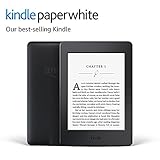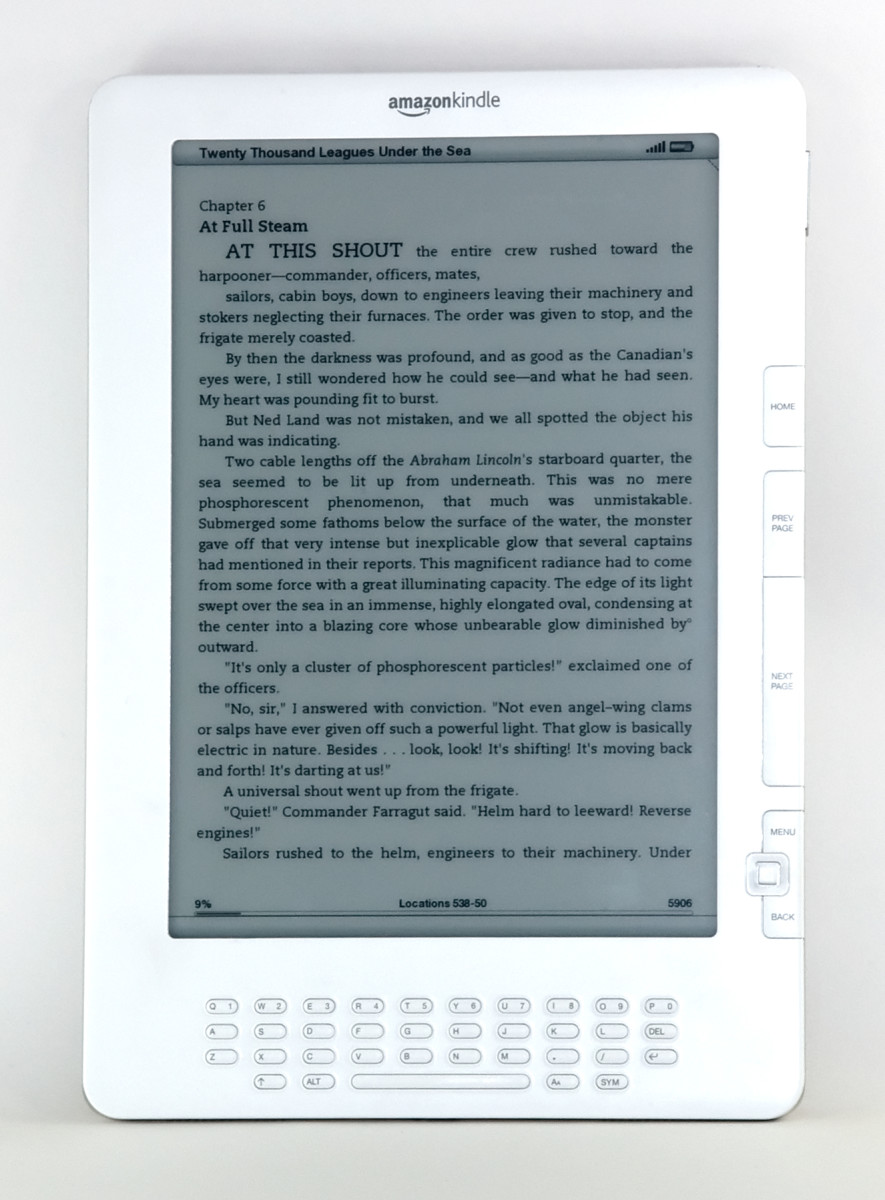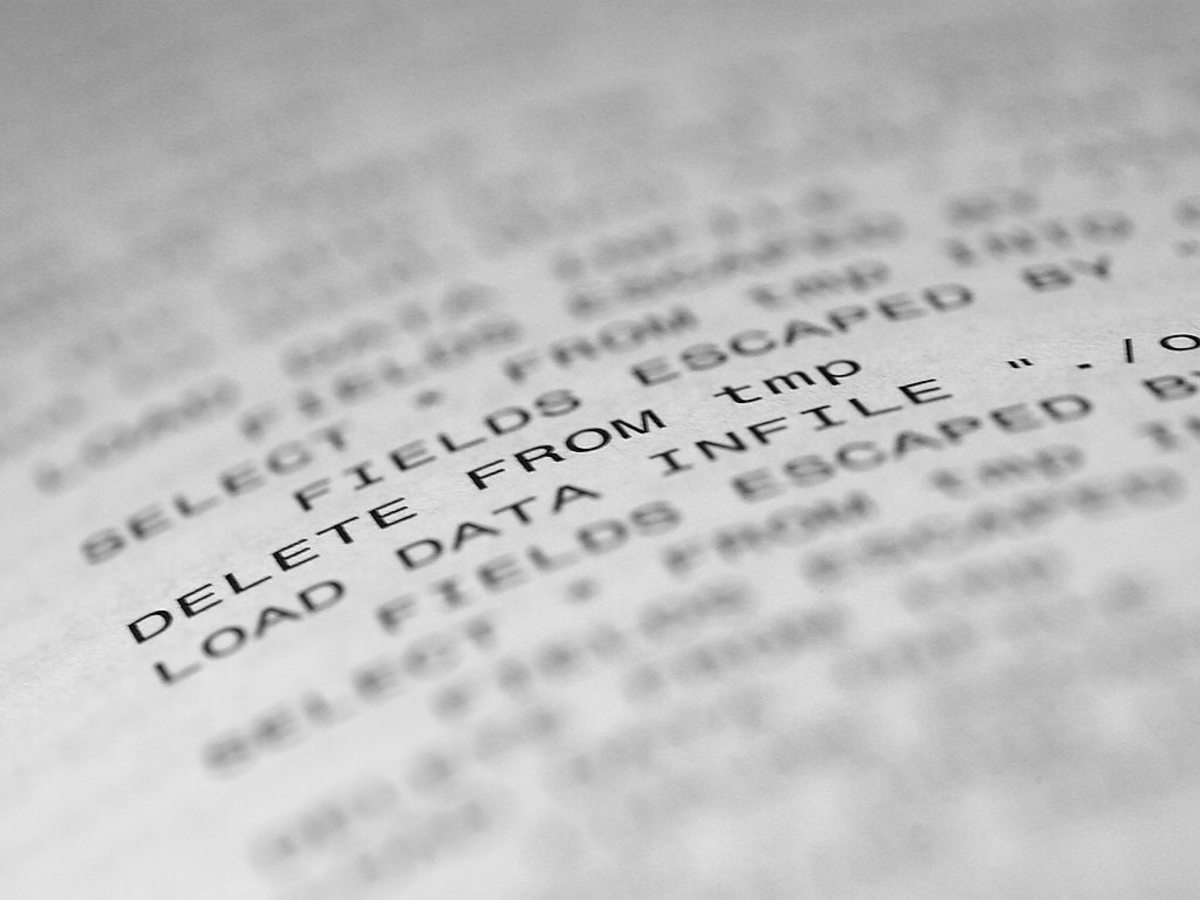The Hidden Turn-Offs of e-Readers

I recently wrote an article about the Hidden Appeal of e-Readers in which I addressed a number of positive traits the devices have (from the perspective of someone who resisted them for a long time). And, I felt a need to address why I disliked e-readers for so long, and perhaps still do a little. I think it is important to examine both sides of the argument, because both sides have valid points. I’ll start this one with the most obvious pitfall of e-readers.
We’re losing our culture.
There is a meme floating around on the internet somewhere that depicts various different pastimes over the course of several decades. It shows someone listening to music on a stereo, reading a book, and playing video games on one side of the panel and on the other side, the same tasks performed today are all just a guy sitting at a computer. Nearly everything we do has made its way onto the computer in some fashion and it is more than a little annoying when the newest phone/tablet/computer attempts to do even more stuff in addition to what it already does. Think of your cell phone and ask yourself whether or not you’ve used all its crazy features lately. I worry about physical books going away, but, more so than that, I worry about the entire world of literature being reduced to an app that you pass over because it would be easier to play another round of Angry Birds. I wrote an entire article about writing with a notebook instead of a computer because there are just too many distractions associated with computers. These machines have a serious case of ADHD and they’re dragging you, and our culture, down with them. It’s true that not all e-readers have these functions (some are dedicated readers) but with each successive upgrade, they move more and more in that direction.
You sunk my battleship… I mean e-reader.
So, you just dropped your e-reader into a puddle of water, or onto the concrete, or down a flight of stairs. You didn’t mean to, but the deed is done and now it’s broken. I’m assuming that the library of books you have downloaded can be re-downloaded if they’re attached to your account, but replacing that device is going to cost considerably more than replacing a book (which probably would have survived the fall anyway). It’s a dangerous trade off, because you can carry more books and it is lighter, but it is also more delicate and expensive to replace. Not to mention, your book doesn’t run on batteries and the idea of a century old e-reader being unearthed and translated is kind of hilarious.
I read this great book. You should totally go buy your own copy because you can’t have mine.
When I read a book that I enjoy, I want to share it with other people. In the past, this wasn’t a problem. I would just hand them the book and hope they returned it eventually. But now, there is no way I would lend someone my e-reader and just hope they give it back. That thing was expensive and it has all my other books on it. So, if I read a good book on an e-reader, the best I can do is tell someone to download it, which is the equivalent of telling someone to go to the bookstore and purchase their own copy. Lending and trading used books/movies/video games has been a major thorn in the side of corporations who want the maximum amount of profit possible, but for us, not being able to exchange old stuff is a major drawback. How else is a good book supposed to spread by word of mouth? How can we discover gems that would have otherwise been overlooked because we hadn’t heard of it? I’m an author and when my book is published I want to have a stack of copies on hand to give to everyone who is interested in reading it. I can’t hand out e-readers or tell them to go buy a copy because I don’t have a physical one. Maybe I’m wrong and some e-readers offer an exchange feature (or they’ll just get pirated the way music is) but it can’t be as easy as handing someone a book.
Look at my impressive library, it occupies one sixteenth of a whole table!
There is an episode of the television show Futurama (which takes place in the year 3000) where the main character observes a massive building that contains a university library. Inside there is a table with two discs on it, one is labeled fiction, and the other non fiction. I don’t think there has ever been a more accurate picture of what we are staring down the barrel of. Other than our entire history being condensed onto a CD, this represents another part of the physical aspect that is in danger.
When I am able to afford my dream house, one of the most important things it needs to have is a library/study. It doesn’t need to be massive, just big enough to hold all of my books in one convenient location. With an e-reader, you don’t get the same sense of accomplishment when you’ve completed a book. One can literally feel how much they have read, and have yet to read, with a physical book. Then, once it is done, anyone who walks into your house has a visual means to measure how much you’ve read. Maybe that’s a bit self absorbed, to want to display how much I’ve read, but it doesn’t just affect a reader’s ego, it affects libraries and book stores as well. Already libraries are implementing e-books that self-delete after the designated checkout time. But what would be left if all books went digital? Would libraries just become giant public computer labs? I shudder at the thought. And, of course, book stores would be gone as well, replaced by online stores and downloads. While downloading a book is convenient, it doesn’t mean I dislike going to the book store. One of my, and my wife’s, favorite places to go is the book store where we can get a coffee and browse the new and old literature. But, like with all things in this world, it all comes down to profitability. If that book store doesn’t turn a profit, then it gets the axe, regardless of its social/cultural significance. (I’m trying very hard not to get on my soap box about corporations.)
Conclusion
I’m sure there are more downsides to e-readers, in much the same way there were more pluses than I addressed in the other article, but I think you get the idea. I’m at a place right now where I’m in between loving them and hating them. I see the advantages but can’t forget the turn-offs. Ideally, the two would co-exist as a marriage of culture and technology, but I doubt that will happen, at least in the long term. My fear may stem from an underlying problem that has nothing to do with technology, but rather a declining emphasis on education and reading in general. I would hate to see such wonderful stories, worlds and characters forgotten in favor of quick, mindless time sinks that can be instantly downloaded to your mobile electronic device.




